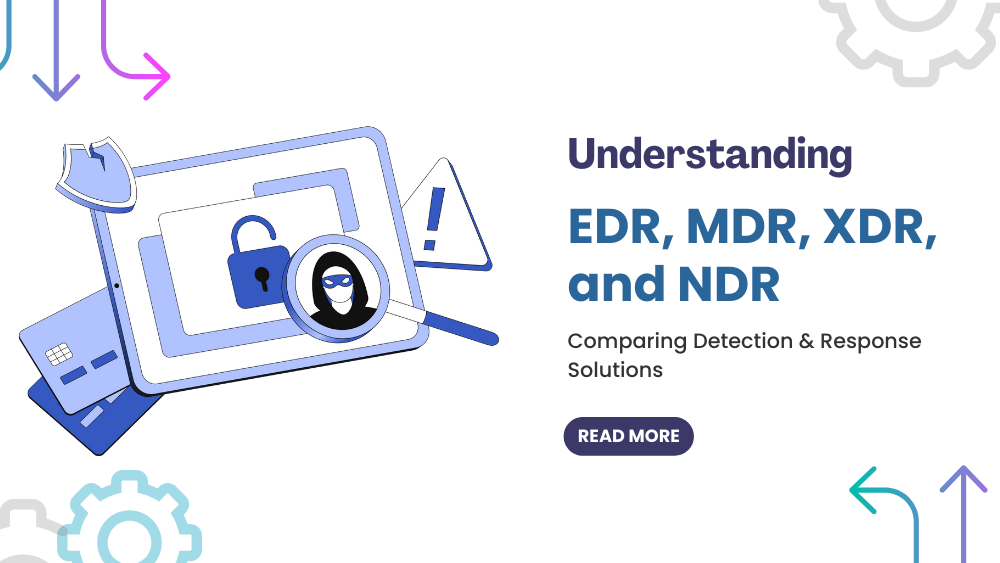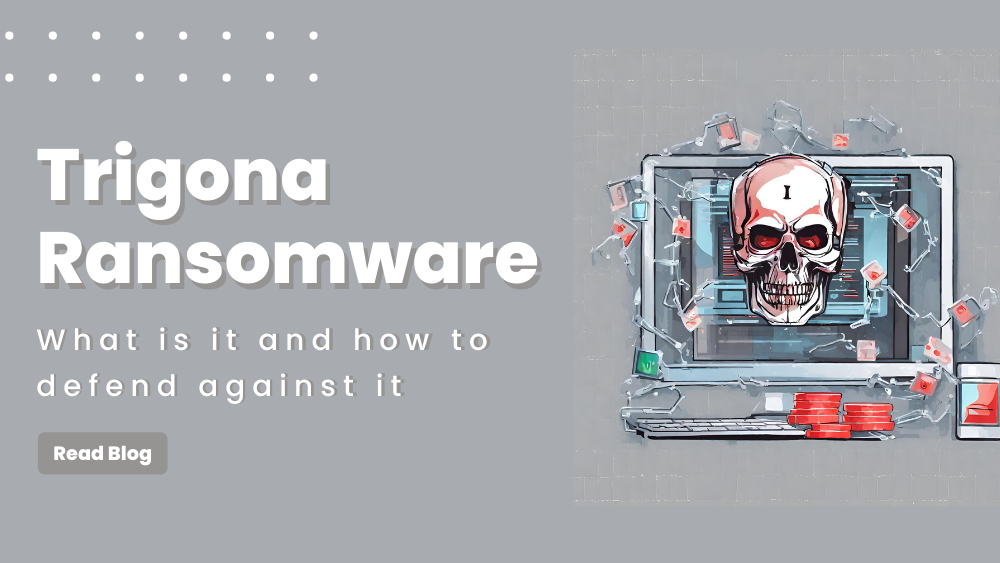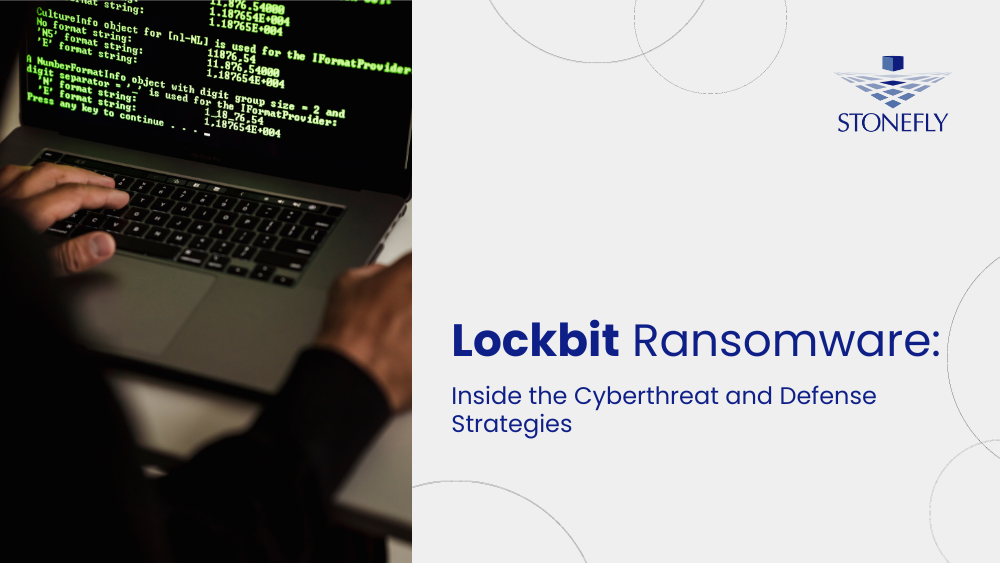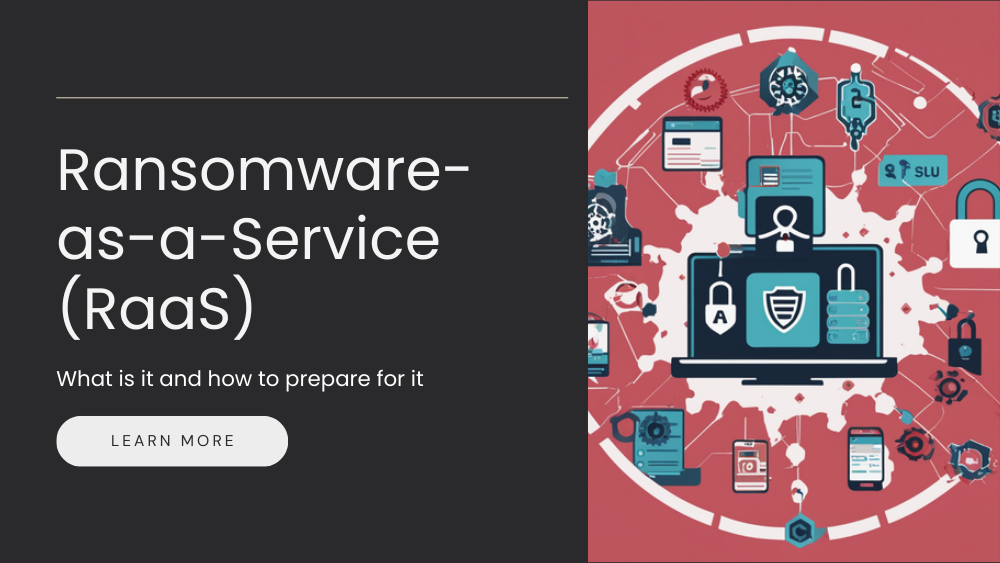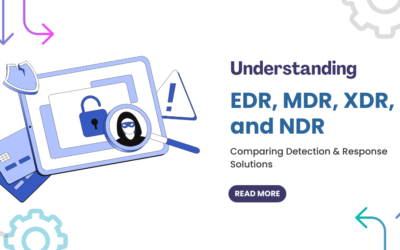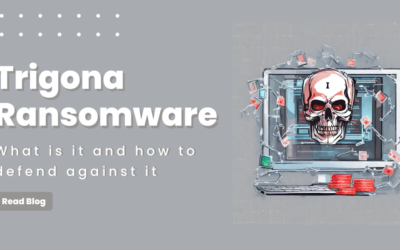Cloud storage has become an increasingly popular solution for businesses over the past few years. By moving data to the cloud, companies can reduce or eliminate their need for on-premises storage infrastructure. But what is private cloud storage, and why are some businesses choosing it over public cloud options? In this article, we’ll explore those questions and explain some of the advantages of using private cloud storage.
Whether you’re just getting started with cloud computing or you’re looking for a more robust and customizable option, private cloud storage may be a good fit for your business. Let’s take a closer look at what it is and how it works.
What is private cloud storage?
Private cloud storage, sometimes called internal cloud storage, is a type of cloud storage that is used by businesses and organizations. It is different from public cloud storage, which is used by consumers. Private cloud storage is often seen as more secure and reliable than public clouds, and they offer a number of advantages for businesses.
Different types of Private Cloud Storage
There are a few different types of private cloud storage:
- Hybrid clouds: A hybrid cloud is a combination of a private and public cloud. It allows businesses to use the best features of both clouds and tailor them to their needs.
- Private managed clouds: Private managed clouds are operated by an external provider, but they are owned and controlled by the business. This type of private cloud offers many benefits, including improved security, better performance, and more flexibility.
- On-premises private clouds: On-premises private clouds are hosted on the business’s own servers in its own data center. This type of private cloud is often seen as the most secure option because it is completely under the business’s control.
Why should businesses use private cloud storage?
There are a number of reasons why businesses should consider using private cloud storage:
Security: Private clouds are seen as more secure than public clouds. This is because they are often hosted on the business’s own servers in its own data center, which means that it is completely under the business’s control.
Performance: Private clouds offer better performance than public clouds. They can be tailored to meet the specific needs of the business, and they often have faster connection speeds and higher availability rates.
Flexibility: Private clouds are more flexible than public clouds. They can be scaled up or down to meet the changing needs of the business, and they can be customized to fit.
When to use a private cloud storage?
There are a few reasons why businesses might want to use private cloud storage. First, private clouds can be more secure than public clouds. This is because businesses have more control over their data when it is stored in a private cloud, and they can choose who has access to it. Private clouds are also seen as more reliable than public clouds, because they are less likely to experience outages.
What are the advantages of using private cloud storage?
There are several advantages of using private cloud storage for businesses. First, private clouds can help businesses save money on IT costs. This is because businesses don’t need to purchase or maintain their own hardware when they use a private cloud.
Private clouds can also help businesses reduce energy consumption, because they use less energy than traditional data centers. Private clouds can also improve business continuity, because they offer more redundancy and fault tolerance than public clouds. Finally, private clouds can help businesses comply with data security regulations.
If you are a business considering using private cloud storage, be sure to weigh the pros and cons carefully. The advantages of private clouds can be significant, but there are also some drawbacks that should be considered.
Ultimately, the decision about whether to use a private cloud or not will depend on your specific needs and requirements.
Private Cloud versus Public Cloud: What’s the difference?
When it comes to private cloud storage and public cloud storage, there is a big difference between the two. Private clouds are for businesses and organizations, while public clouds are for consumers.
Another key difference is that private clouds are more secure than public clouds. This is because businesses have more control over their data when it is stored in a private cloud storage, and they can choose who has access to it. Private clouds are also seen as more reliable than public clouds, because they are less likely to experience outages.
Finally, private cloud storage offer a number of advantages for businesses that public clouds don’t. These advantages include reduced IT costs, reduced energy consumption, improved business continuity, and compliance with data security regulations.
Difference between Private vs Public vs Hybrid Cloud Storage
Now that we’ve talked about private cloud storage, let’s take a look at the difference between private, and hybrid clouds.
Hybrid clouds combine the best features of private and public clouds. They are more secure than public clouds, but less expensive to set up than private clouds. Hybrid clouds also offer the flexibility of using either private or public resources depending on the needs of the business.
How to deploy your private cloud storage?
If you are a business considering using private cloud storage, there are a few things you need to do first. First, you need to decide what type of private cloud storage is right for your business. There are several different options available, so you need to find one that meets your needs.
You also need to make sure that your infrastructure is ready for a private cloud. This means that you need to have the right hardware and software in place, as well as the necessary skills to manage and operate a private cloud.
Finally, you need to create a plan for deploying your private cloud storage. This plan should include all of the steps necessary to get your private cloud up and running.
Important Components of a Reliable Private Cloud Storage Solution
When it comes to private cloud storage, there are a few key components that you need to consider. These components include:
Security: One of the biggest advantages of private clouds is their security. Businesses have more control over their data when it is stored in a private cloud, and they can choose who has access to it. It is important to make sure that your private cloud storage solution includes strong security features.
Reliability: Private clouds are seen as more reliable than public clouds, because they are less likely to experience outages. It is important to select a private cloud storage provider that has a good track record for reliability.
Scalability: Your private cloud storage solution should be scalable so that you can start with a small storage capacity, with little upfront costs, and scale out when your storage capacity needs increase. Depending on the data center used to host the private cloud model, you can scale without forklift upgrades and no disruption, which is ideal for a private cloud storage meant for a business.
Efficiency: Private clouds use less energy than traditional data centers, so they can help you reduce your energy costs. It is important to select a private cloud storage provider that has a good reputation for efficiency.
Flexibility: Your private cloud storage solution should be flexible so that it can meet the unique needs of your business.
Private Cloud Implementation: Building it Yourself vs. Getting Storage Services
There are two main ways to implement private cloud storage: building it yourself, or getting storage services.
Building your own private cloud can be a more cost-effective option, but it requires more time and effort to set up. If you don’t have the necessary skills or resources, it may be better to get storage services from a provider.
Storage service providers offer a variety of private cloud solutions that are tailored to meet the needs of businesses. They also provide the necessary hardware and software, as well as support for managing and operating the private cloud. This makes implementing private clouds easier and less time consuming.
How StoneFly Helps You Build Your Private Cloud Storage
StoneFly provides enterprise storage infrastructure that you can use to deploy your private cloud storage, regardless of whether you’re a SMB, SME, large enterprise, or managed service provider (MSP).
With StoneFly storage technology, you can build a cloud infrastructure capable of supporting file storage, enterprise applications, databases, and S3 object storage.
StoneFly storage infrastructure that can help you build your cloud solution include:
- Highly scalable file storage infrastructure: StoneFly Super Scale Out (SSO) Network Attached Storage (NAS) Appliance for NFS and CIFS/SMB.
- High performance block-level storage: StoneFly Integrated Storage Concentrator (ISC) and Voyager Storage Area Network (SAN) for iSCSI and optional Fibre Channel (FC).
- Unified SAN, NAS, and S3 object storage system: StoneFly Unified Scale Out (USO) storage solution.
- Hyperconverged Infrastructure (HCI): StoneFly Unified Storage and Server (USS) with enterprise storage virtualization capabilities.
Whether it is internal cloud storage for your business, or a storage platform for your customers, StoneFly software defined storage provides the storage utilization, scalability, and optimization capabilities that you need to build your cloud computing infrastructure within your budget and as per your needs.
Need help figuring out which data storage solution is best suited for the private cloud solution for your business? Talk to a StoneFly pre-sales engineer today.




